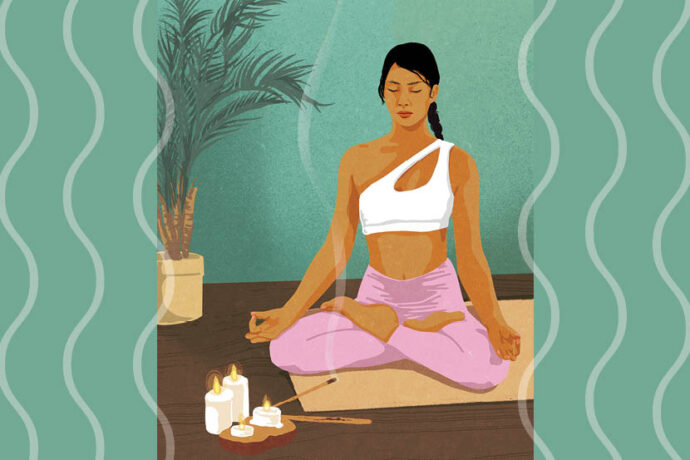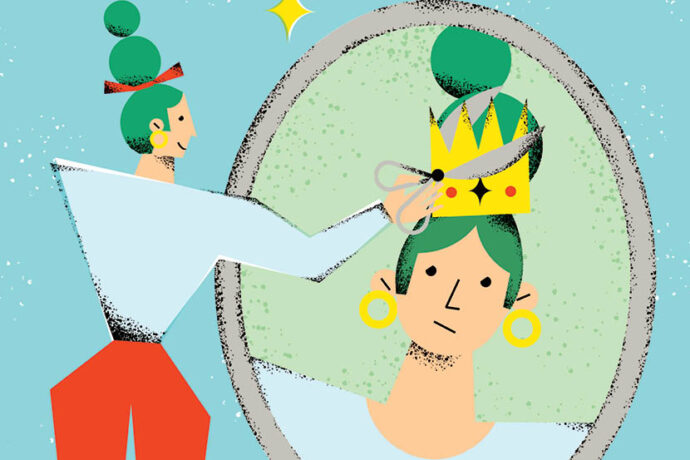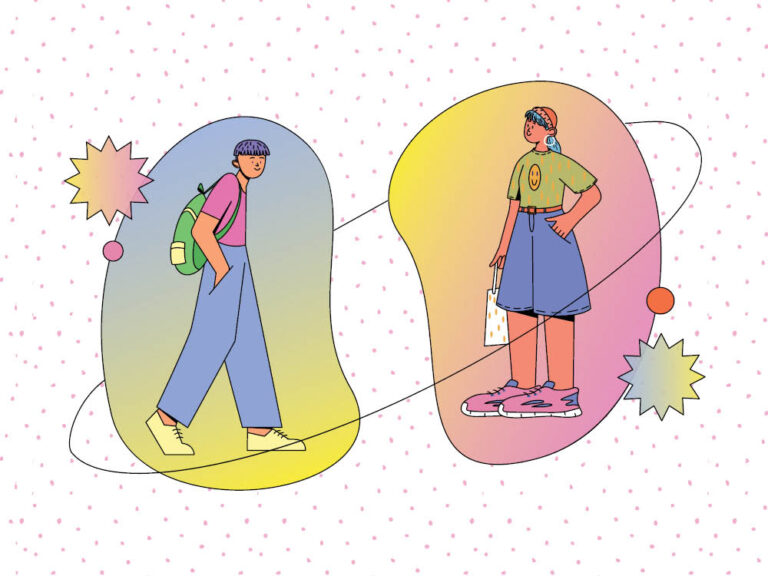
Escapism can allow you to take a mental break from negative situations, recharging your body and mind before tackling life’s challenges.
Many will experience a time in their life when situations seem to be spiralling out of control – when it all seems too much. It may be a time when several problems – financial, work-related, personal – all hit at once. The mind starts spinning and it becomes harder to see the light at the end of the tunnel. But that light is still there – sometimes you simply need to shift your perspective to see it. This is where escapism can be a real tool, aiding you to pull yourself out of negative thoughts and providing you with an opportunity to take a mental break and refresh yourself. Then you’ll be able to tackle any problems with a renewed sense of purpose and strength.
Neil Gaiman, the acclaimed author of books including Stardust and Coraline, has shared his thoughts on some of the positive effects of escapism: ‘People talk about escapism as if it’s a bad thing… Once you’ve escaped, once you come back, the world is not the same as when you left it. You come back to it with skills, weapons, knowledge you didn’t have before. Then you are better equipped to deal with your current reality.’
There are myriad reasons why someone might seek escapism. And it can take many different forms, some of which carry more benefits than others.
What’s it all about?
Escapism has been defined as ‘habitual diversion of the mind to purely imaginative activity or entertainment as an escape from reality or routine.’ This interpretation may be concise, but it alludes to its essence: diverting the mind away from reality. The reasons for wanting to do this might extend beyond a build-up of specific problems into broader life concerns, such as loneliness or boredom.
An escape into an imaginary world, where things are different – and temporarily better – can make those negative emotions drift away, even if just for a short while. The definition also references another key factor of escapism: it can become habitual, which can itself become a problem if it means you never address the underlying causes of your feelings.
Celestine Chua, who coaches and speaks about personal development and founded her own Personal Excellence blog, has shared a list of the reasons people may wish to escape the real world. The list, understandably a long one, includes illness, fear, struggles at work, a bad relationship, financial problems and sorrow. Celestine refers to escapism as a ‘defence mechanism’ against what would otherwise generate negative emotions.
Escapism, then, can be a means of finding relief. But, as American psychotherapist and author of Effective Therapy Michael Hurd stresses, it does not solve the underlying issues.
He calls the positive aspect of escapism ‘refuelling’ – a form of recharging, so that you can better handle your life. It’s an interpretation in line with that described by Neil.
Back to reality
Escapism is a form of getting away from it all, even if just for a short while, and inevitably there comes a moment when the return to the real world is necessary. Sometimes this can be easy, but if it has been a near-constant way of avoiding reality it can be difficult to readjust and may require the support and guidance of a trained professional.
It’s important to be honest with yourself and think about what may be behind any need for escapism. Take some time to consider whether your escapism is allowing you to ‘refuel’ or if it’s actually preventing you from dealing with your problems. Facing life head-on and conquering any challenges may prove to be a more exhilarating experience than any form of escapism.
Everyone will encounter tough situations at one time or another – just keep focusing on the light at the end of the tunnel. Exchanging escapism for positive action may be the best way forward. You could start to pull yourself back from escapism and into reality by, say, limiting yourself to watching one episode of a TV box set, instead of losing yourself for an entire day in the whole series.
Make a list of the tasks you need to face up to or the problems you need to address and start working your way through them. You should congratulate yourself on your accomplishments as you go. If escapism is getting in the way of making progress, or if you feel you’re relying on it too heavily, consider seeking support.
Escapism is a powerful tool – use it wisely, when needed, and enjoy its benefits. But don’t let it steer you away from the many rewards of real life.



















